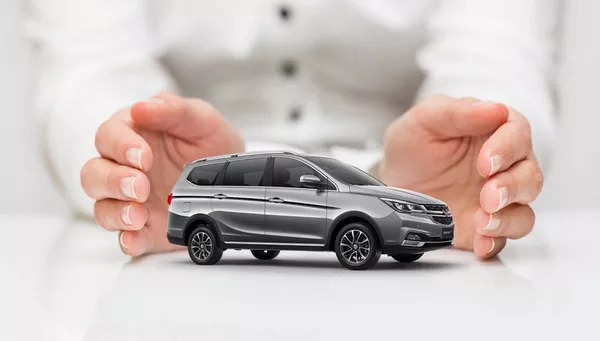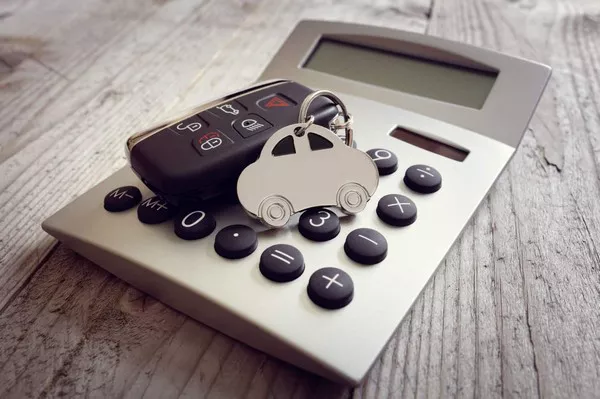Car insurance is a necessity for every vehicle owner. It provides financial protection in case of accidents, theft, or damage. However, car insurance premiums can vary widely between different providers. This variation makes comparing car insurance premiums crucial. Understanding why this comparison is essential can save you money and ensure you have the right coverage.
Understanding Car Insurance Premiums
What Are Car Insurance Premiums
Car insurance premiums are the amount you pay for your insurance policy. This payment can be made monthly, quarterly, or annually. It covers the cost of your insurance and provides the protection outlined in your policy.
Factors Affecting Car Insurance Premiums
Several factors influence the cost of car insurance premiums. These include:
Age and Gender: Younger drivers typically pay higher premiums. Statistics show they are more likely to be involved in accidents. Gender can also affect premiums, with males often paying more than females.
Driving History: A clean driving record can lower your premiums. On the other hand, a history of accidents or traffic violations can increase your costs.
Location: Where you live matters. Urban areas with high traffic density may have higher premiums compared to rural areas.
Type of Vehicle: The make, model, and year of your car impact your premium. Expensive and high-performance vehicles usually cost more to insure.
Coverage Level: The amount and type of coverage you choose affect your premium. Comprehensive coverage costs more than basic liability coverage.
Credit Score: In some regions, insurers use credit scores to determine premiums. A higher credit score can lead to lower insurance costs.
Why Compare Car Insurance Premiums
Save Money
The primary reason to compare car insurance premiums is to save money. Different insurers offer various rates for similar coverage. By comparing, you can find the best deal that fits your budget.
Find the Right Coverage
Not all insurance policies are the same. Some may offer additional benefits like roadside assistance, rental car reimbursement, or accident forgiveness. Comparing premiums helps you understand what each policy includes and find the right coverage for your needs.
Avoid Overpaying
Without comparison, you might end up overpaying for your insurance. Some insurers may charge higher premiums for the same coverage. By shopping around, you ensure you are not paying more than necessary.
Understand Discounts
Many insurance companies offer discounts. These can include safe driver discounts, multi-policy discounts, or discounts for installing safety features in your car. Comparing premiums helps you identify which insurers offer the best discounts.
Evaluate Customer Service
Price is important, but so is customer service. Comparing car insurance premiums allows you to research the reputation of different insurers. Good customer service can make a significant difference when you need to file a claim.
see also: How to Cancel Your Car Insurance
How to Compare Car Insurance Premiums
Gather Information
Start by gathering information about your current policy. Know your coverage limits, deductibles, and any additional benefits. This information will help you compare new quotes accurately.
Use Online Comparison Tools
Several online tools allow you to compare car insurance premiums. These tools can provide quotes from multiple insurers based on your specific needs and preferences.
Contact Insurance Agents
Speaking directly with insurance agents can provide more personalized quotes. Agents can answer your questions and help you understand different coverage options.
Read Reviews
Customer reviews and ratings can give you insight into an insurer’s reputation. Look for reviews about claim handling, customer service, and overall satisfaction.
Consider the Total Cost
When comparing premiums, consider the total cost of the policy. This includes deductibles, coverage limits, and any additional fees. The cheapest premium is not always the best option if it comes with high deductibles or limited coverage.
The Benefits of Comparing Car Insurance Premiums
Cost Savings
Comparing car insurance premiums can lead to significant cost savings. You might find a policy that offers the same or better coverage at a lower price.
Better Coverage Options
By comparing, you can discover better coverage options. Some policies may include additional benefits that you find valuable, such as accident forgiveness or new car replacement.
Enhanced Understanding
Comparing car insurance premiums enhances your understanding of the market. You become more informed about what is available and what you should expect from a policy.
Increased Negotiation Power
When you know what other insurers offer, you have increased negotiation power. You can use competing quotes to negotiate a better rate with your current insurer.
Long-Term Financial Benefits
Saving on car insurance premiums has long-term financial benefits. The money you save can be invested or used for other financial goals.
Common Mistakes to Avoid
Not Comparing Enough Quotes
One common mistake is not comparing enough quotes. Aim to get at least three to five quotes from different insurers to get a comprehensive view of the market.
Focusing Only on Price
While price is important, it should not be the only factor. Consider coverage options, deductibles, and the insurer’s reputation when making your decision.
Ignoring Discounts
Do not overlook potential discounts. Ask each insurer about available discounts and how you can qualify for them.
Overlooking Policy Details
Read the fine print of each policy. Understand what is covered, what is excluded, and any conditions or limitations.
Not Reviewing Annually
Your insurance needs can change over time. Review your policy and compare premiums annually to ensure you are still getting the best deal.
FAQs
1. How often should I compare car insurance premiums
It is advisable to compare car insurance premiums annually. This ensures you are aware of any changes in the market and can adjust your policy to get the best deal.
2. Can I switch insurers if I find a better premium
Yes, you can switch insurers if you find a better premium. Make sure to check for any cancellation fees with your current insurer and ensure continuous coverage to avoid any gaps.
3. What information do I need to compare car insurance premiums
To compare car insurance premiums, you will need information about your current policy, your vehicle, your driving history, and your personal details. This information helps insurers provide accurate quotes.
4. Are online comparison tools reliable
Online comparison tools can be a great starting point. However, it is also a good idea to speak directly with insurance agents to get personalized quotes and ask any specific questions you may have.
5. Do all insurers offer the same discounts
No, different insurers offer different discounts. It is important to ask each insurer about the discounts they offer and how you can qualify for them. This can significantly affect your premium.
Conclusion
Comparing car insurance premiums is essential for finding the best coverage at the best price. It helps you save money, find the right coverage, and avoid overpaying. By understanding how to compare and what to look for, you can make informed decisions that benefit your financial well-being. Remember to consider the total cost of the policy, not just the premium, and review your insurance needs regularly. With the right approach, you can secure the best car insurance policy for your needs.





















